 Top Class Action Lawsuits
Top Class Action Lawsuits
It’s Easy!! Let’s Hope So. Staples will be wanting that “it’s easy!” button as it responds to the consumer fraud class action lawsuit it’s facing this week over allegations it cheats consumers on its reward program. Naughty, naughty…
Filed by Staples customer Neil Torczyner, the lawsuit asserts the company spreads discounts for coupons across a customer’s total collected points in a purchase rather than applying them against the item the coupon was used for, allegedly shorting the total number of rewards points the customer racks up.
The Staples lawsuit states that the points are valuable to consumers because they can be credited against purchases at Staples stores and online. Therefore, the points should be added up in the way the company advertises.
“By employing this deceptive method of calculating rewards points, Staples shorted its members’ account credit which could have been used towards the purchase of most merchandise in Staples’ stores, online at staples.com, or by phone,” the lawsuit states.
Here’s the skinny: Torczyner claims he noticed the problem when he used a coupon for a package of bottled water. The coupon took $1.50 off the cost of the water itself, making it a non-qualifying purchase for rewards points purposes, according to the suit. He claims that when he looked at his rewards points it seemed that Staples had spread out the value of the coupon over the whole transaction, limiting the number of points he could collect for items that were qualifying and that weren’t impacted by the coupon. He should have received $7.98 in points, but received $7.02 instead, according to the complaint.
Torczyner is looking to represent a class of customers who were allegedly cheated out of rewards points when they used coupons. The case is Neil Torczyner v. Staples Inc., case number 3:16-cv-02965, in the U.S. District Court for the Southern District of California.
Top Settlements
Rainbow Effect at Walmart? Here’s a happy ending…a $7.5 million settlement has been reached in a discrimination class action against Walmart. The lawsuit was brought by several thousand workers who claimed they were denied healthcare coverage for their same sex spouses.
Initially brought on behalf of gay workers at Walmart, the lawsuit was filed in July 2015, a month after the U.S. Supreme Court ruled that there is a constitutional right to same-sex marriage under the 14th Amendment. Former Walmart employee Jacqueline Cote brought the lawsuit, claiming she was denied spousal health insurance for her wife, Dee Smithson. The couple had married in 2004. In 2012, Smithson was diagnosed with ovarian cancer. The couple subsequently incurred $150,000 in debt from uninsured medical expenses.
The Walmart settlement effectively ends the class action that alleged, specifically, the big box retailer had violated Title VII of the Civil Rights Act, the Equal Pay Act and state employment law by not offering health insurance benefits to same-sex spouses before January 1, 2014.
Under the terms of the agreement, the $7.5 million will be divided among the few thousand employees who were unable to obtain coverage for their spouses from January 1, 2011, through December 31, 2013.
According to the settlement motion, nearly 1,000 class members have already been identified, and there could be hundreds more. Approximately 1,200 workers had enrolled their same-sex spouses in health insurance and around 1,100 of them would be covered by the class period.
The claim terms are such that class members can file a long-form claim to be reimbursed for out-of-pocket health care expenses of more than $60,000, at a rate of 2.5 times the qualifying costs, or at a rate at 100 percent of the cost for amounts of less than $60,000. Class members can also file a short-form claim without documentation for a pro rata payment of up to $5,000 per year or $15,000 for the three-year class period. For her role as class representative, Cote will receive a $25,000 service payment.
The case is Cote v. Wal-Mart Stores Inc., case number 1:15-cv-12945, in the U.S. District Court for the District of Massachusetts.
FloodSafe Auto-Shutoff Settlement…to the tune of $14 million. This settlement received final approval this week, ending two defective products class action lawsuits brought against Watts Regulator Co., and its insurer.
The two lawsuits represent two classes of homeowners who claimed that Watt’s defective water shut off devices and water heater supply lines caused massive plumbing damage to people’s homes.
The two lawsuits were filed separately, by Curtis Klug and Durwin Sharp who both claimed a defective line of water supply and heater connectors caused extensive property damage. Specifically, Klug’s complaint stated that Watts’ FloodSafe Auto-Shutoff Connectors, which are used to supply water to faucets, toilets, washing machines, dishwashers, icemakers and other common household appliances, have defective shut-off devices, allegedly let water leak, resulting in property damage. Similarly, Sharp’s suit claimed Watts manufactured and marketed certain water heater supply lines that malfunctioned, when the inner-tubing in certain water heater connectors failed, causing leaks and eventually major property damage.
According to the settlement terms Watts will pay $14 million into a common settlement fund, $10 million for Sharp’s action and $4 million for Klug’s settlement class. Sharp and Klug will each receive $5,000 as class representatives.
The settlement class in Klug’s case includes everyone in the United States who owns, leases or resides in a built structure with a FloodSafe connector since November 2008.
Sharp’s settlement class covers all people, also after 2008, who own, lease or live in a house or building containing a water heater connector.
The cases are Klug v. Watts Regulator Company, case number 8:15-cv-00061 and Sharp v. Watts Regulator Company, case number 8:16CV200 in United States District Court for the District of Nebraska.
So that’s it for this week. See you at the Bar!!

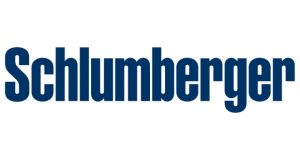 Top Class Action Lawsuits
Top Class Action Lawsuits Top Class Action Lawsuits
Top Class Action Lawsuits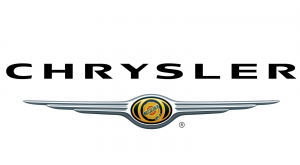 Top Class Action Lawsuits
Top Class Action Lawsuits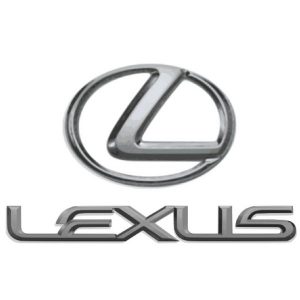 Top Class Action Lawsuits
Top Class Action Lawsuits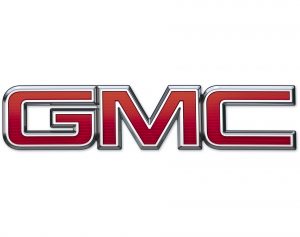 Top Class Action Lawsuits
Top Class Action Lawsuits Top Class Action Lawsuits
Top Class Action Lawsuits Top Class Action Lawsuits
Top Class Action Lawsuits Top Class Action Lawsuits
Top Class Action Lawsuits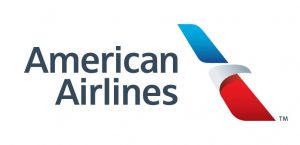 Top Class Action Lawsuits
Top Class Action Lawsuits